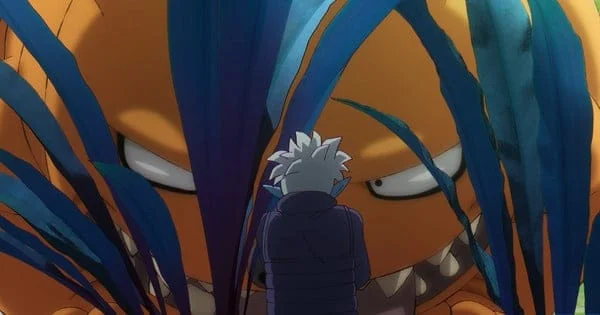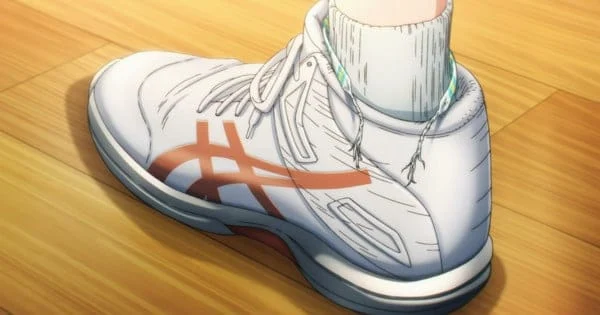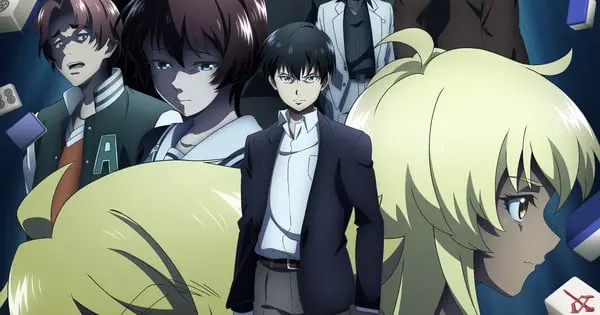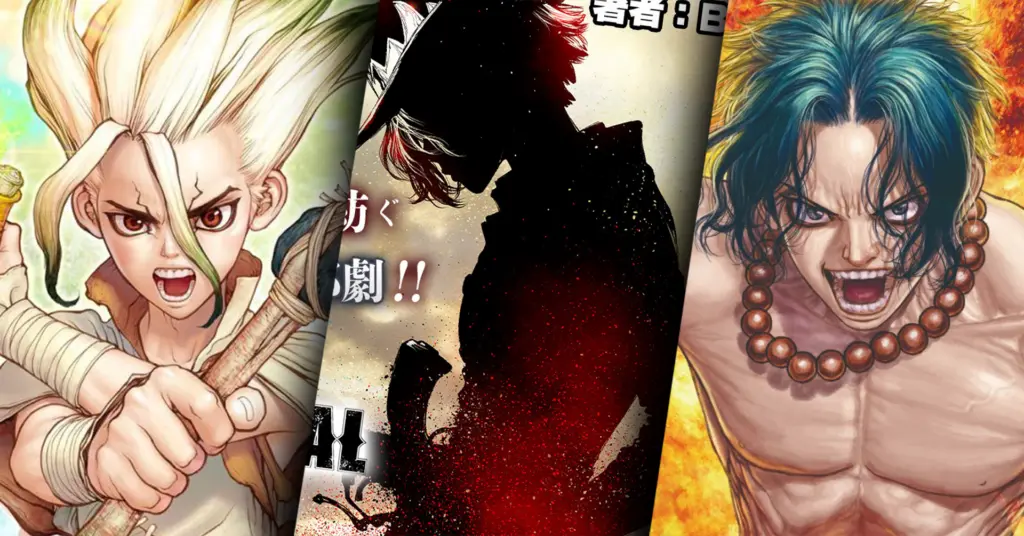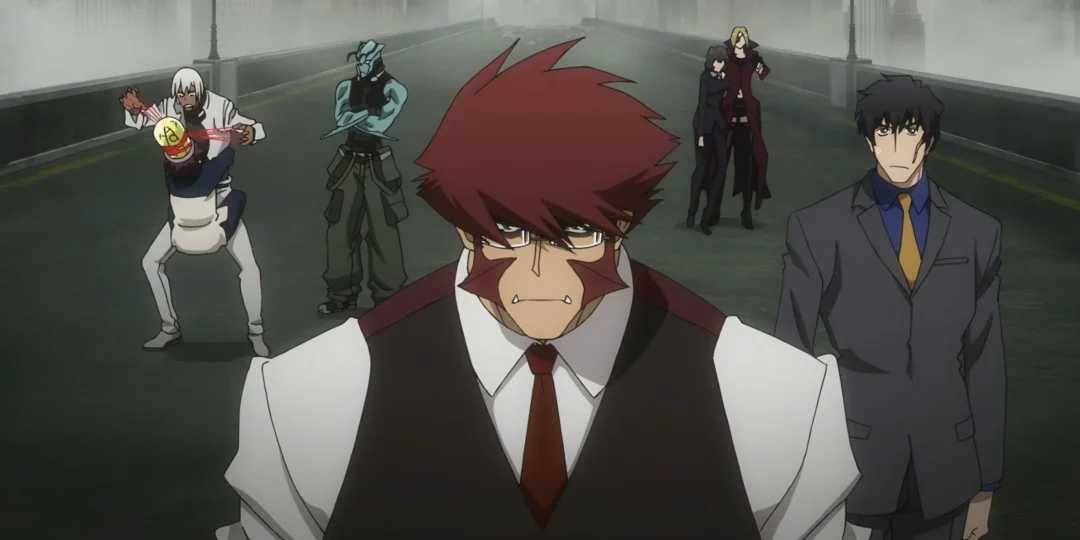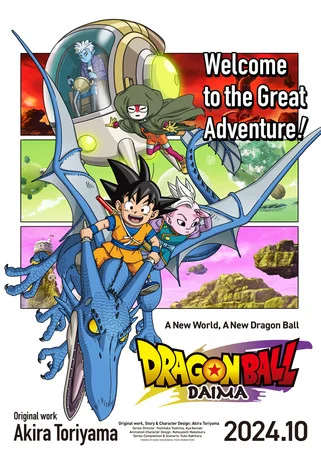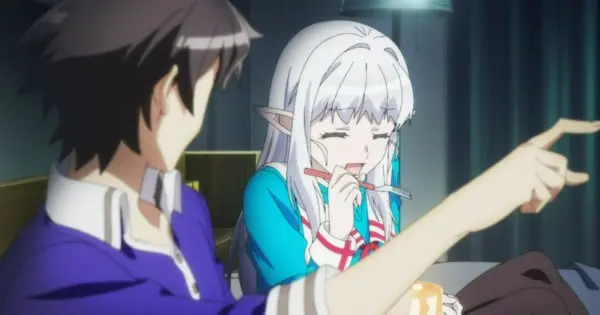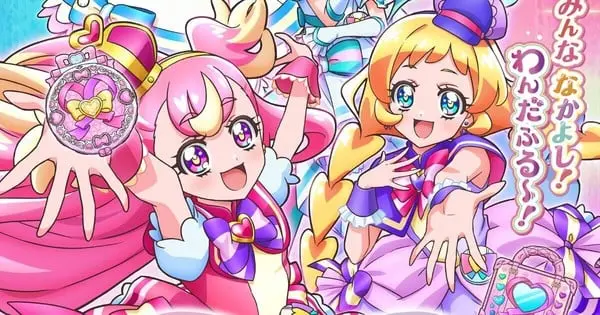Let’s cut to the chase. Akira Toriyama, the legendary creator of Dragon Ball, passed away on March 1, 2024, and now, one of the biggest franchises in anime history faces a massive legal conundrum. The future of Dragon Ball—from the manga to the anime adaptations to the billion-dollar merchandising machine—is now hanging in the balance. The issue? The rights to the franchise are unresolved.
If you’ve been following Dragon Ball from the Frieza Saga to the Tournament of Power, you’re probably thinking, “How could something like this even happen?” Well, buckle up, because we’re about to break down exactly what’s going on behind the scenes.
TL;DR: Key Takeaways
- Akira Toriyama passed away in March 2024, leaving the rights to Dragon Ball unresolved.
- Shueisha, former editor Akio Iyoku, and Bandai Namco are in talks but have yet to finalize the legal status of the franchise.
- There’s serious tension between the parties after Iyoku’s 2022 transfer, causing delays in resolving the rights issue.
- This uncertainty could impact future Dragon Ball productions, including manga, anime, and merchandise.
- The stakes are high—this isn’t just about a show; it’s a global franchise worth billions.
1. Akira Toriyama’s Legacy – Why His Death Rocked the Anime World
Let’s start with the obvious. Akira Toriyama didn’t just create an anime—he built a cultural phenomenon. From Dragon Ball Z to Dragon Ball Super, his stories, characters, and unique world-building made Dragon Ball a global icon. We’re talking about decades of influence in both anime and manga, plus a merchandising empire that’s valued at billions of dollars.
So when he passed away earlier this year, it wasn’t just a loss for the fans—it was a loss for the entire industry.
“Toriyama wasn’t just an artist; he was a visionary who shaped an entire generation of anime fans.”
But here’s the kicker: with Toriyama’s death comes the very real question of who controls the rights to this massive franchise. That’s where things get complicated.
2. Who Owns Dragon Ball? – The Messy Reality of Franchise Rights
You’d think a franchise as huge as Dragon Ball would have its legal matters locked down, right? Wrong. Turns out, the rights to the franchise are currently in limbo. And the reason? A combination of corporate maneuvering and personal relationships.
What’s Happening Right Now:
- Shueisha, the publisher behind the original manga, claims rights to the franchise.
- Akio Iyoku, Toriyama’s former editor, has had a complicated relationship with the franchise since his transfer in 2022.
- Bandai Namco, the gaming and merchandising giant, is deeply invested in keeping the franchise alive, but their role in the rights issue is still unclear.
The tension between these three parties has led to serious delays in figuring out who will control the future of Dragon Ball.
Potential Outcomes:
- Shueisha takes full control: This would give them the power to dictate the future of the manga and anime, but could alienate other stakeholders.
- A joint ownership deal: This could ensure that everyone gets a piece of the pie, but also leads to a bureaucratic mess in terms of decision-making.
- Bandai Namco’s involvement increases: If the focus shifts to merchandising and gaming, we could see less emphasis on the creative storytelling aspects that made Dragon Ball iconic in the first place.
3. The Stakes – Why This Isn’t Just About One Anime
Let’s talk money. Dragon Ball isn’t just a beloved anime—it’s a cash cow. Between the manga, anime, video games, and merchandise, it’s generated billions of dollars over the past few decades. So, when we’re talking about the rights being unresolved, we’re talking about a multi-billion-dollar industry potentially being thrown into chaos.
- Merchandising: From action figures to lunch boxes, Dragon Ball merchandise is everywhere. And Bandai Namco holds a massive stake in this.
- Video Games: Games like Dragon Ball FighterZ have brought the franchise into the competitive gaming scene, adding another revenue stream.
“This isn’t just about who gets to tell Goku’s next story—it’s about who controls one of the biggest media franchises in the world.”
So when you think about the future of Dragon Ball, you’re not just thinking about the next anime arc. You’re thinking about massive financial implications for everyone involved.
4. The Role of Akio Iyoku – How One Editor Can Influence Everything
Akio Iyoku is a name you’ve probably seen if you follow Dragon Ball closely. He’s been Toriyama’s right-hand man for years, working on everything from the manga to the animated series. But in 2022, Iyoku was transferred out of his role, and that’s when the real tension started.
Key Points:
- Iyoku’s Departure: His removal from the Dragon Ball project in 2022 reportedly caused friction with Shueisha. This tension is one of the reasons the rights issue has remained unresolved.
- Iyoku’s Influence: As Toriyama’s long-time editor, he’s had significant influence over the creative direction of the franchise. Without him in the picture, there’s concern over whether the franchise can maintain its original spirit.
This is one of those moments where the people behind the scenes have a massive impact on the future of the franchise. Iyoku’s role—or lack thereof—could change the entire direction of Dragon Ball moving forward.
5. What Happens Next? – The Uncertain Future of Dragon Ball
So what does all of this mean for Dragon Ball fans? In a nutshell, the future is uncertain. Without clear ownership of the rights, it’s unclear who will be responsible for creating new content, whether it’s a manga continuation or another anime adaptation. And let’s not forget about the movies—the Dragon Ball Super: Broly and Super Hero films were massive hits. Will we see more of those? That all depends on how the rights are resolved.
- Potential Delays: If the legal battle drags out, it could mean delays in new manga chapters, anime episodes, and merchandise.
- Creative Shifts: Depending on who takes control, we might see a shift in the tone, storytelling, or even the animation style of future Dragon Ball projects.
Here’s the deal: until the rights issue is resolved, there’s no clear path forward for Dragon Ball. And for a franchise that’s been a part of anime culture for decades, that’s a huge deal.
6. How Fans Are Reacting – The Global Impact
Let’s not forget about the millions of Dragon Ball fans around the world. The uncertainty surrounding the future of the franchise has led to a range of reactions—some are optimistic that this will lead to a revitalization of the series, while others fear that the corporate battles could lead to the dilution of the brand.
Fan Perspectives:
- Optimists: Some fans believe that new ownership could bring fresh energy to the series, with potential for new stories, characters, and creative directions.
- Pessimists: Others worry that without Toriyama and Iyoku, the series will lose the magic that made it special. They fear that corporate interests will take over and water down the original vision.
“The fans are the real heartbeat of Dragon Ball. Without them, this franchise would’ve never reached the heights it has.”
The bottom line is, fans are watching this legal drama unfold closely because they know it will shape the future of their beloved franchise.
7. What Could Happen to the Dragon Ball Franchise Moving Forward?
With everything hanging in the balance, there are a few key scenarios that could play out. Each of them comes with its own set of consequences for the future of Dragon Ball.
| Scenario | Potential Outcome |
|---|---|
| Shueisha Takes Over | More focus on the manga, but slower anime production |
| Joint Ownership | A bureaucratic mess with conflicting creative decisions |
| Bandai Namco Influence | More emphasis on video games and merchandising, less creative storytelling |

